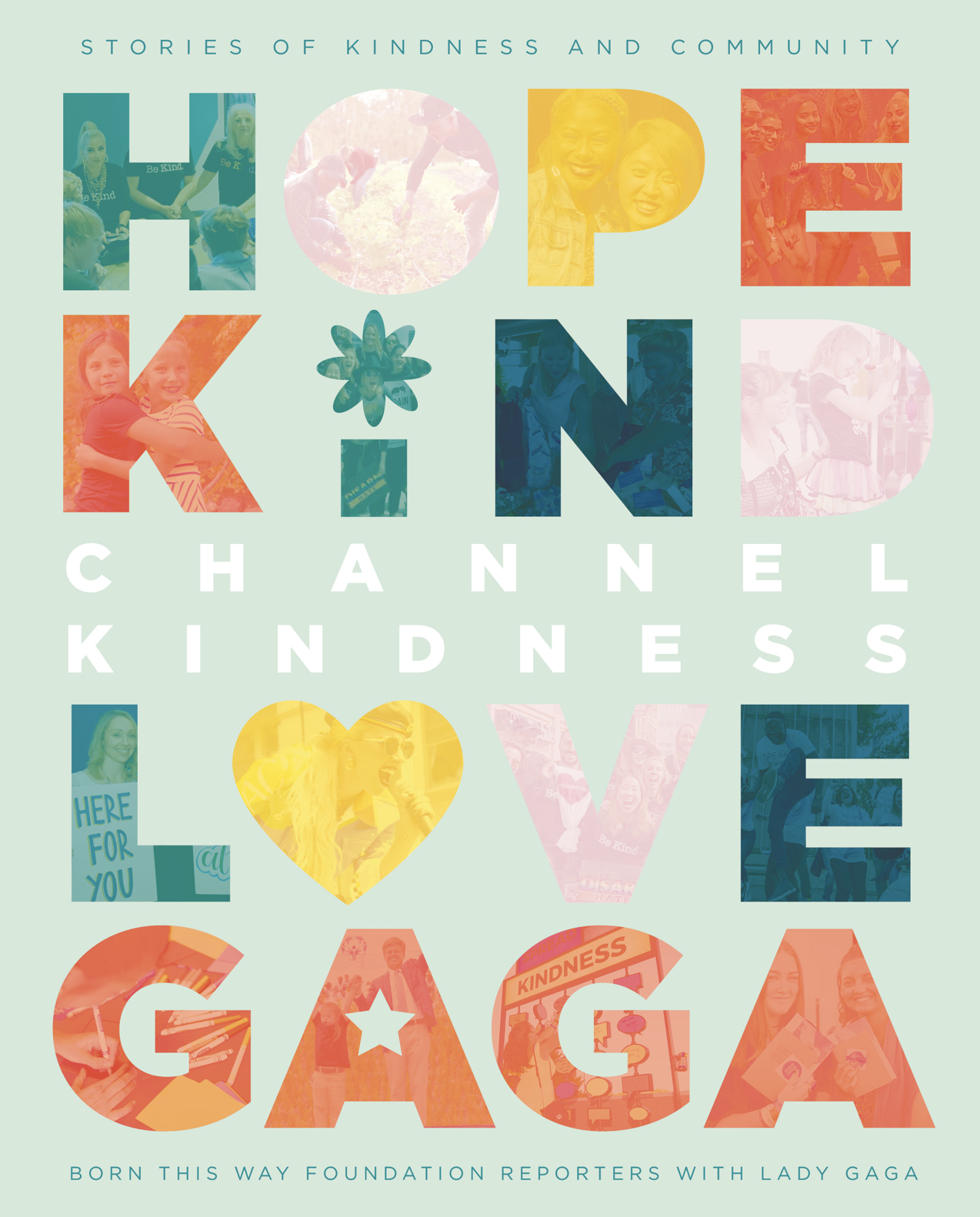Today, youth are relentlessly working toward a better planet and more sustainable future, but oftentimes remain excluded in global decisions and conversations about climate change.
To center youth voices and ease growing feelings of eco-anxiety, Born This Way Foundation’s latest BTWF Talk below addresses climate advocacy. Joined by Freedom Fighter Aishah-Nyeta Brown (@AishahNyeta) and Environmentalist Studies Professor Sarah Jaquette Ray (@sjaquetteray), BTWF Communication and Creative Manager Shadille Estepan (@shadille) leads a conversation that prioritizes the need for climate justice and creates a space to support youth with their mental health.
You can view the full conversation below:
Here are some key takeaways from this talk and ways you can become a climate advocate today:
- Find your community: Climate change is systemic and heavily relies on systems of oppression; it’s not about the individual work we can do, but more about the goals we can achieve as a community in order to oppose these systems. You can start by rooting down into your own community; find its strengths, and build advocacy spaces within it, then progressively spreading them all over the world.
- Take advantage of digital resources. If you can’t find like-minded people within your own community, try online spaces, or within your immediate community, and use these conversations and your community as a constant inner resource. Youth-led organizations like ClimateNow and Fridays for Future are great places to start!
- Continue to educate yourself: Keep learning from others because remember, climate change has multiple layers. For example, climate change manifests unevenly across race, gender and class. Our unique perspectives, identities, and positionality dictate what emotions are available to us; grief, shame, anxiety and negative emotions ought to have a space in political spaces and conversations.
- Rest: Young people think that they’ll be able to enjoy their life after “the revolution,” and have an urgency to work hard for the next ten years, thinking they will get to enjoy the fruits of their labor later. This is a practice in the culture of capitalism, which tells us that we cannot rest. Yet, as the Nap Bishop Tricia Hersey (@thenapministry) puts it, “rest is a form of resistance.” Especially for marginalized communities, rest is a form of racial and social justice. We all need to protect our precious interior resources, in order to keep being in this fight for the long run.
- Take care of your mental health. We want you to know that you are not alone; you can find resources to support yourself and your loved ones’ mental health. The Be There Certificate is a free, digital, self-paced learning experience designed to increase mental health literacy and provide youth with the knowledge, skills, and confidence they need to safely support anyone who may be struggling with their mental health.Here is a climate action tip-sheet created by the Climate Mental Health Network youth advisors!




















